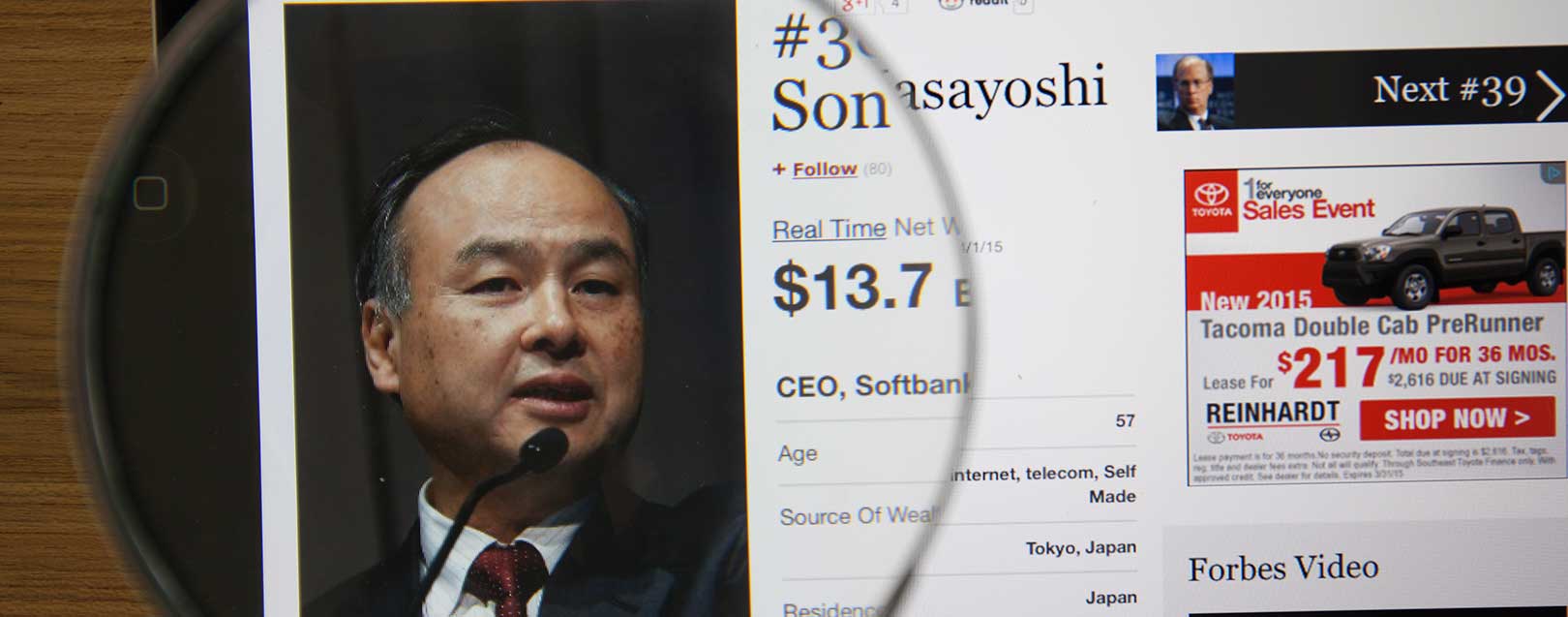
Softbank to orchestrate Flipkart-Snapdeal merger
The Dollar Business Bureau
In a new development that has surfaced in India's tumultuous e-commerce industry, Softbank is brokering a merger between arch rivals Flipkart and Snapdeal. Consolidation seems to be a logical step in an environment where no single player is able to decisively emerge successful.
It was recently reported that Softbank, the single largest financial backer of Snapdeal, will assume a 15% stake in the combined entity. The Japanese telecom giant is to invest up to $1.5 billion in order to assume a significant partial ownership of the Flipkart-Snapdeal pie.
Flipkart, India's indigenous e-tailing platform, fell from its all-time high valuation of $15.2 billion in 2015 to $10 billion in 2017, when it initiated a new round of fund-raising. The Indian Unicorn is said to have bagged $900 million of new investment, of which $700 million comes from Tencent, a Chinese tech company known for its IM app – WeChat, and $200 million comes from Microsoft. Snapdeal, the smaller of the two, had landed a valuation of $6.5 billion in early 2016.
Supposing the deal goes through, an increase in valuation to the degree of $2.5 billion is expected. The deal is said to involve Flipkart's largest investor, Tiger Global, shedding a third of its stake in the company. The American investor will have regained all its earlier investment by selling the stake, while still retaining a 20% share in the merged enterprise.
It has been learnt that Softbank founder and CEO Masayoshi Son is directly involved in orchestrating the single biggest merger in Indian e-commerce sector. If merged, the behemoth can counter American competitor Amazon with greater might.
While Snapdeal and Softbank have both refused to confirm these reports that have taken Indian media by storm, Flipkart called the claims 'false and baseless'.
This merger will rekindle tepid investor sentiment in India's e-commerce sector. One less player may also mean less aggressive discounts, which may finally prevent major players from bleeding each other out. Son's renewed faith in Indian e-commerce reflected in this bold move, even after multiple write-downs due to its other investments in India not performing well, will give a much-needed turnaround moment to the industry.





